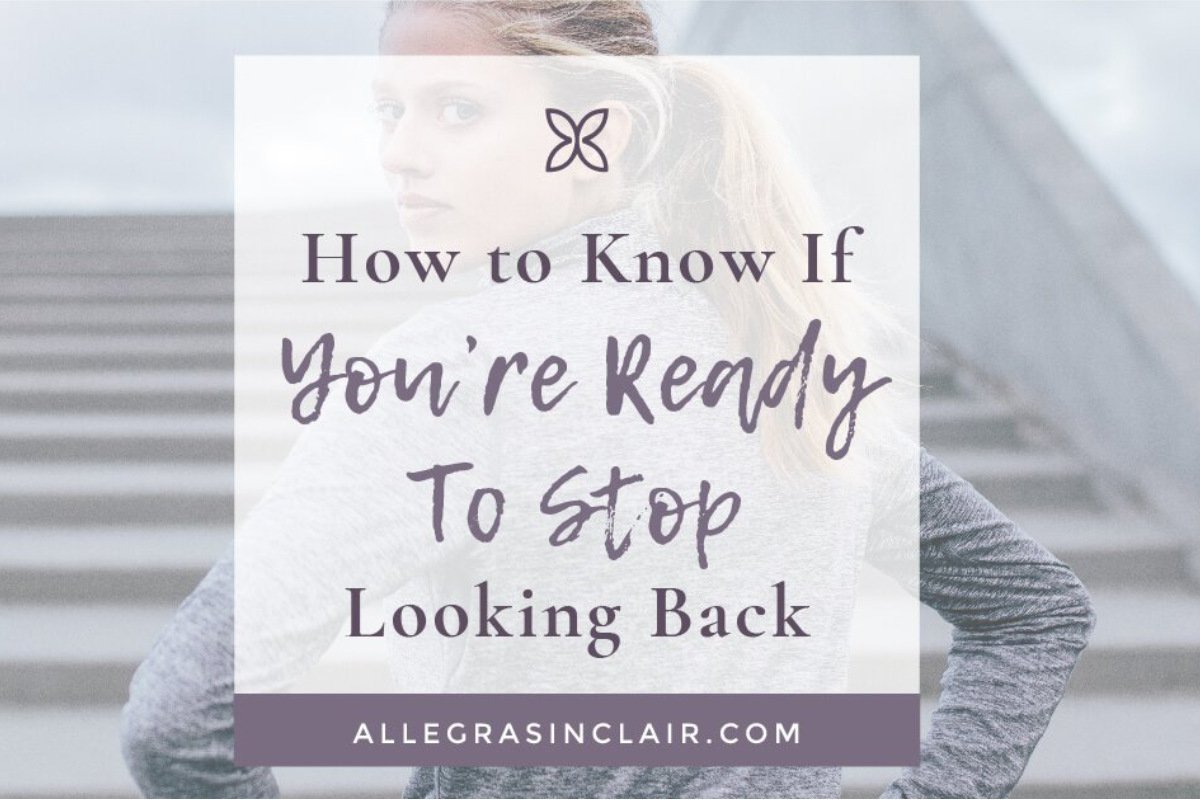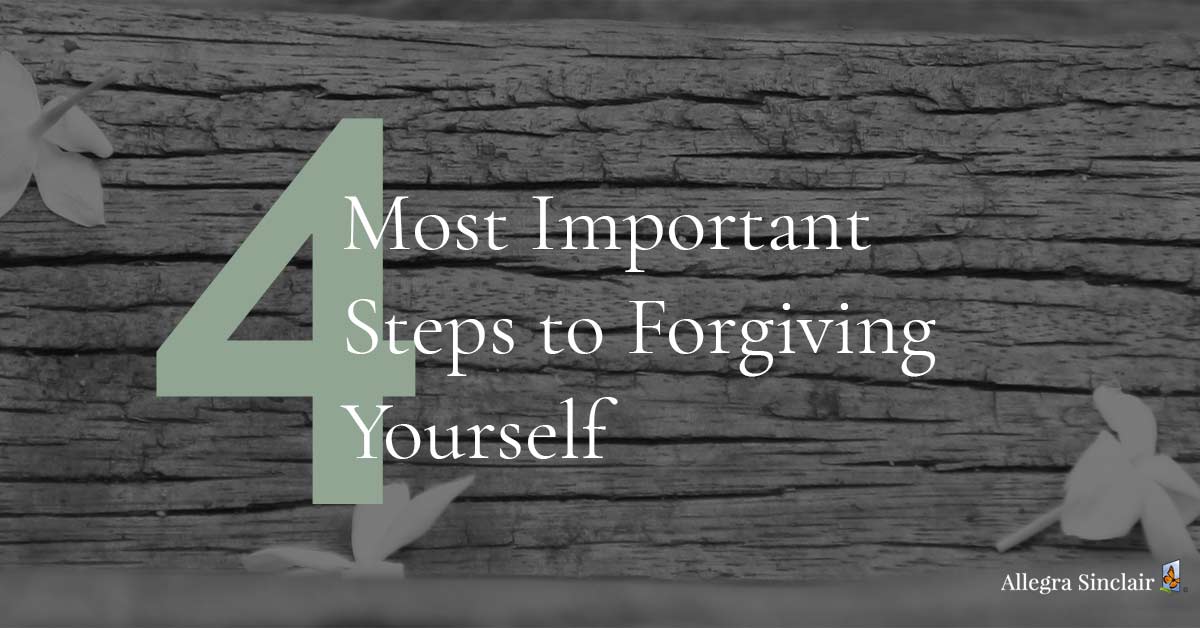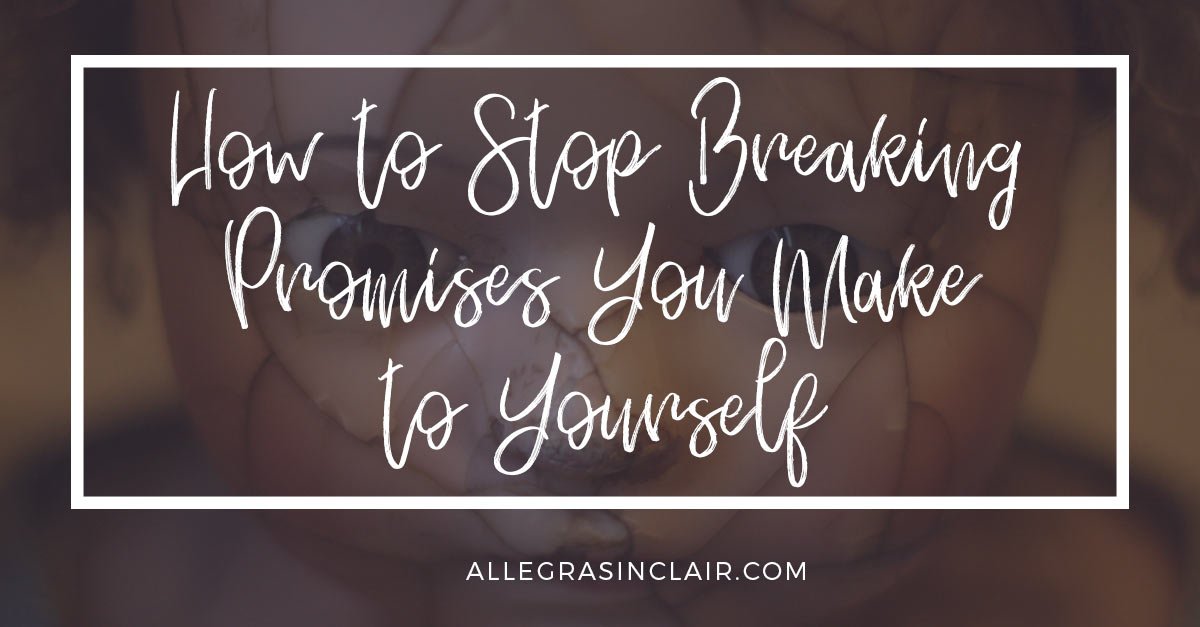How to Know if You’re Ready to Stop Looking Back
When you look back on your life, you probably see things that you’d rather forget. Several of your old stories may upset you. I’m confident that you can find some things that you wish you could erase. If you look back, bet money you remember some stuff that makes you lose your mind! (Do I sound like Kevin Hart?) We all have very different stories, but the painful memories from our old stories cause us similar pain.
Maybe you broke a promise and failed to keep a friend’s secret. Maybe you had a problem with substance abuse. Perhaps you were so focused on yourself that you neglected your family.
Or maybe you loved someone with your whole heart and they treated that gift carelessly, betrayed you and broke your heart.
Problem: You may have done a number of things that give you pause. Solution: Don’t look back.
Why Do Old Stories Have So Much Power Over Us?
One of the reasons that old stories can have such power over us is because past actions and behaviors can have long-lasting consequences. For example, if you were abused as a child, maybe you still wonder what was wrong with you. (NOTHING!) If you lost a spouse or child, you’ve probably questioned what you did to deserve it. (NOTHING!) These sorts of thoughts can cause you to create stories that keep you stuck in your pain.
If you want to move forward and write a new story, you have to acknowledge and make peace with your past. And do yourself a favor and don’t look back.
Accept Your Past
Accepting the choices you’ve made or the things that have happened means you’re no longer wasting energy trying to change the past. You’ve accepted that there’s nothing you can do or say that will improve old situations. For example, if you lost custody of your now-grown kids because you were an alcoholic, you can’t go back and fix their childhood.

What does accepting your past look like? Acceptance looks like facing what happened in the past without excuses. To follow on the example above, it may look like acknowledging the situation to your adult kids. You could say, “I’m an alcoholic and I wasn’t around for you when you were little. I’m sorry for the choices I made and the pain I caused you.” Once you have acknowledged this, you don’t need to keep looking back.
Let Yourself Grieve
Once you’ve accepted your past, you may look at it and still see what you’ve lost. Maybe your friend won’t forgive you for telling her secret. Maybe you wish you could go back and re-live years of your life when you weren’t present for those you love.
When you recognize what you’ve lost, it’s natural to grieve it. You may even experience the different stages of grief like anger, bargaining, or depression. It’s healthy to grieve a loss whether it was the loss of a person you loved or the loss of what you thought your life would be.
You need to experience everything you feel about this situation. Have you let yourself experience your anger? Have you really let yourself feel your sadness over what happened? If you continue to avoid the feelings, the grief will wait. It’s patient like that. You will need to process the feelings eventually, why not sooner rather than later? After you have dealt with it, don’t look back.
Surround Yourself with Support
With help from supportive friends, work through your emotions. Do whatever it takes and don’t feel like you have to do it alone.
You might consider writing an angry letter that you never intend to send. Writing out your anger can be cathartic. Or you could try talking it through with a professional you trust.
You could re-imagine a difficult event with different results and experience the alternate emotions. It’s almost like being able to turn back time.
There are several options available to you once you have accepted your past and grieved things that are gone.
Forgive Yourself
Forgiveness is the final step you need to take before you can truly let go of an old story and create a new one. Understand that accepting your past means you acknowledge that you are not perfect and you don’t need to pretend. Letting yourself grieve is about processing what happened.
Forgiveness is about releasing the person who hurt you, even if that person was you. This doesn’t mean the person who harmed you shouldn’t have to face the consequences of their actions. It also doesn’t mean you have to allow the hurtful person back into your life.
[socialpug_tweet tweet=”At its core, forgiveness is refusing to limit your future because of what happened in the past.” display_tweet=”At its core, forgiveness is refusing to limit your future because of what happened in the past.” style=”5″]
At its core, forgiveness is refusing to limit your future because of what happened in the past. You might give yourself grace and remind yourself that mistakes do not define you, they are simply part of your fast. By the same token, the person who may have hurt you is more than what they did or didn’t do. That action is simply part of their past.
If an old story is running on a loop in your mind, don’t look back. You deserve to live an amazing life filled with new stories that bring you joy.
Embracing a new story is more fun if you have help – learn how to get the support you need when you download your free workbook.








Hey Allegra,
Indeed an interesting post. Life is all about moving on and leaving all problems behind, so that the only thing which we should do, I believe in this and I follow this very strictly.
~ Donna
Hi Donna! I think leaving problems behind is great, as long as we keep the wisdom they created. Have a powerful week, Allegra